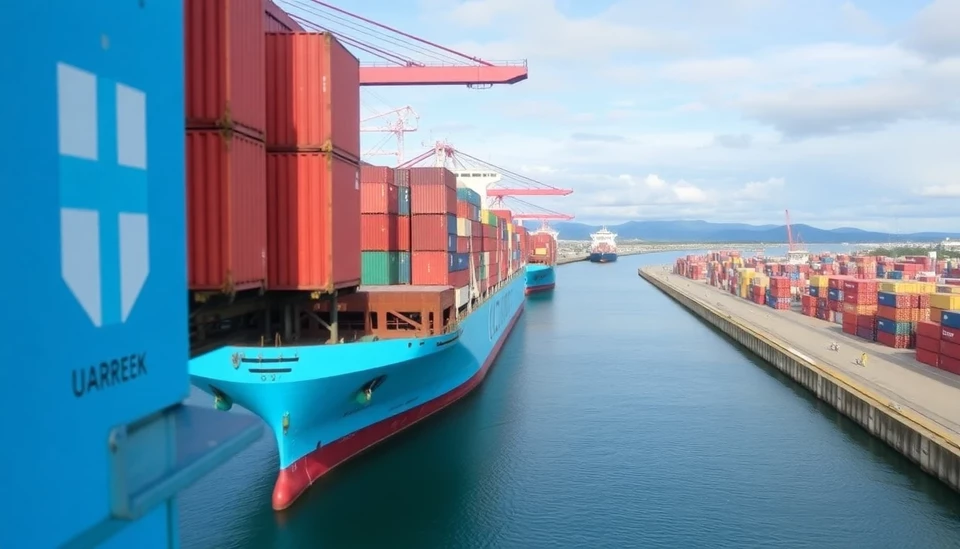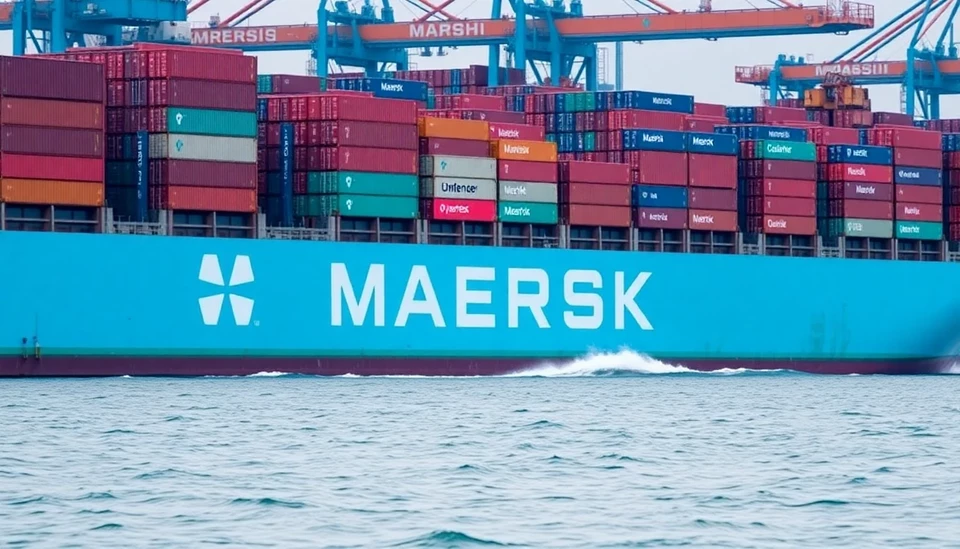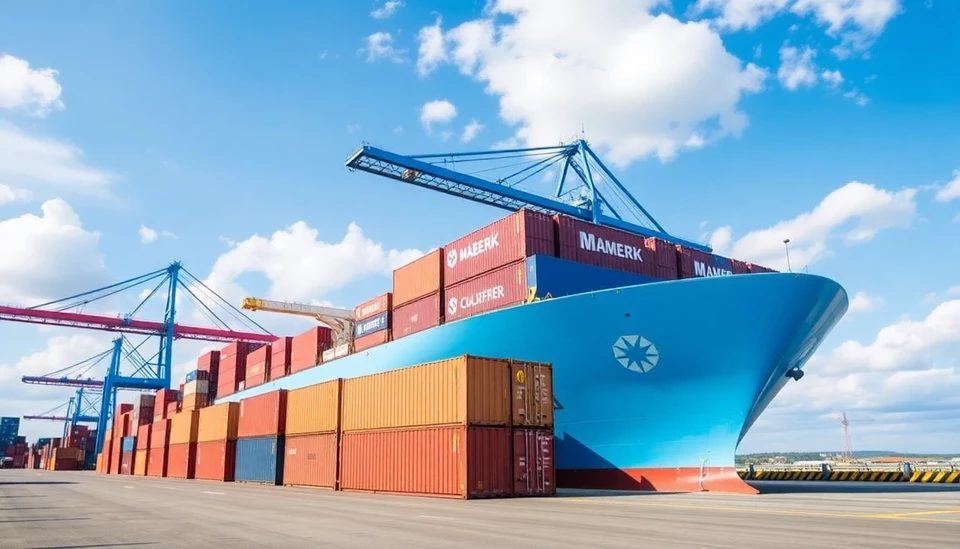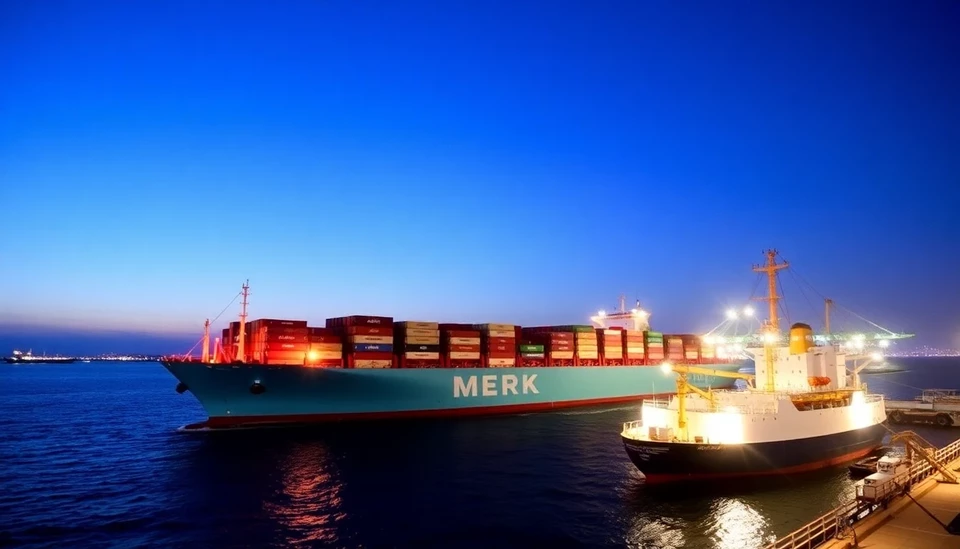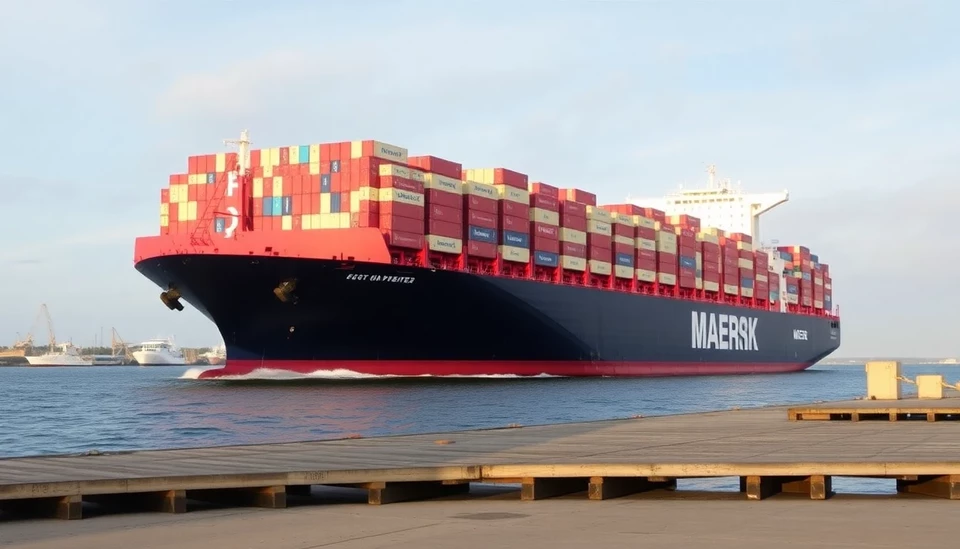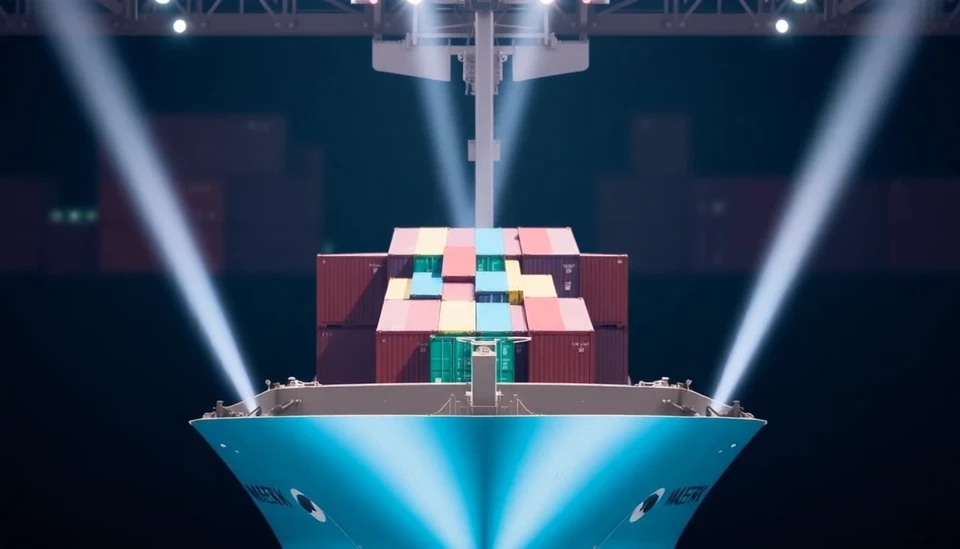
In a concerning development for the shipping industry, Maersk, the global frontrunner in container shipping, has voiced its frustrations regarding the stagnation in negotiations at various US ports. The company has encouraged importers to swiftly remove their cargo to alleviate congestion—an issue that has been plaguing ports, particularly on the West Coast, for an extended period.
Danish shipping giant Maersk issued this call following ongoing discussions that have yielded little progress. The situation is compounded by factors like labor shortages and procedural inefficiencies that have escalated delays in cargo handling. These conditions have spiraled into a crisis that affects not just shipping companies but also importers reliant on timely shipments.
In a recent announcement, Maersk emphasized that failure to act promptly could lead to significant repercussions, which may exacerbate the already strained supply chains. The company expressed concern that prolonged inactivity from both port operators and labor unions could result in further economic slowdown and increased costs associated with storage and demurrage due to the backlog of containers waiting to be processed.
The backdrop of these discussions encompasses a broader narrative of supply chain disruptions that have been significant in the post-pandemic landscape. Maersk's leadership has suggested that the only viable solution lies in the considerable improvement of communication and cooperation among stakeholders involved in port operations—including shipping lines, importers, and unions.
Moreover, Maersk's push for cargo removal comes as companies are re-evaluating their logistics strategies in response to ongoing challenges. Industry experts predict that if actions are not promptly taken, the congested conditions could persist, further straining not only shipping routes but also affecting consumer markets nationwide.
Regional port authorities and union representatives have acknowledged the need for urgent dialogue to address these operational hurdles but highlighted the complexity of negotiations in a tense labor environment. While some strides have been made in recent talks, a comprehensive agreement remains elusive, prolonging the gridlock at these critical junctures of trade.
The ever-evolving situation at US ports continues to pose dilemmas not just for shipping giants like Maersk but also for smaller businesses struggling to navigate the tumultuous waters of supply chains. The ripple effects of these delays may well extend into various sectors, as the delays in cargo delivery threaten to derail economic recovery efforts in the wake of the global pandemic.
In light of these developments, importers are advised to stay vigilant and maintain close communication with Maersk and other shipping operators to mitigate the potential impact of these ongoing port negotiations. The situation remains fluid, and the shipping industry will undoubtedly watch closely as stakeholders attempt to reach a resolution in the days ahead.
Only time will tell if a breakthrough in negotiations can be achieved, but for now, Maersk's message is clear: swift action is crucial in responding to the growing crisis at US ports.
#Maersk #ShippingIndustry #USPorts #SupplyChain #Logistics #Importers #CargoRemoval #PortNegotiations #Trade
Author: John Harris
